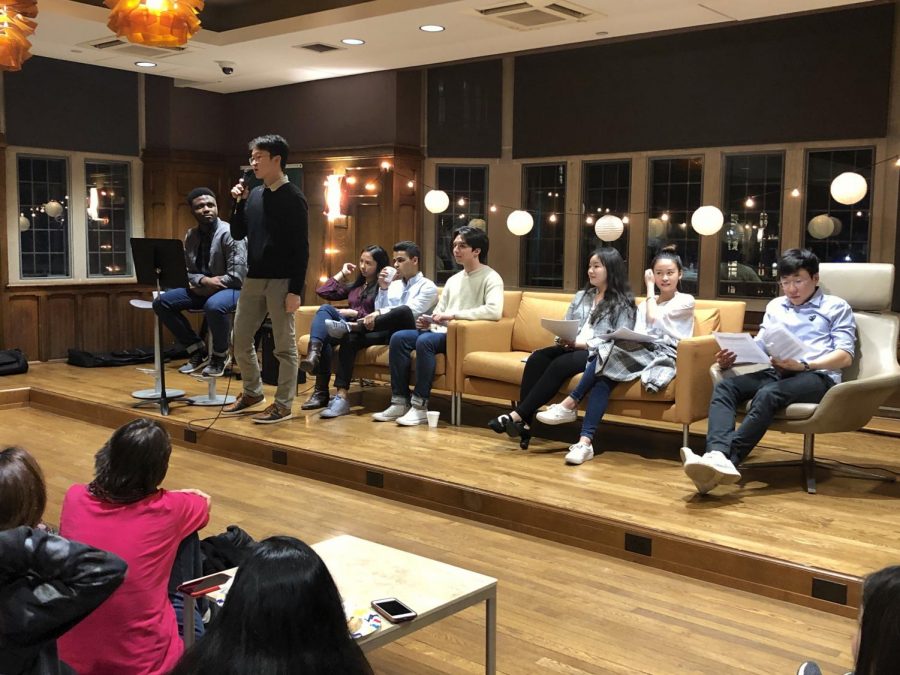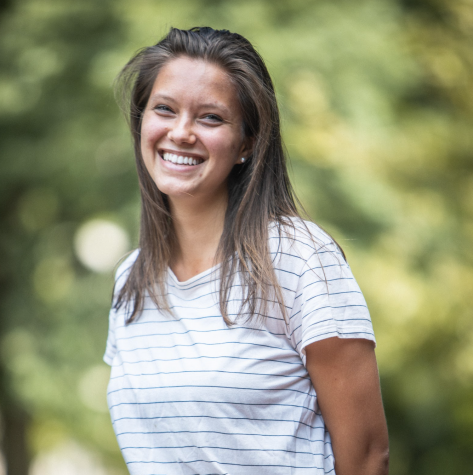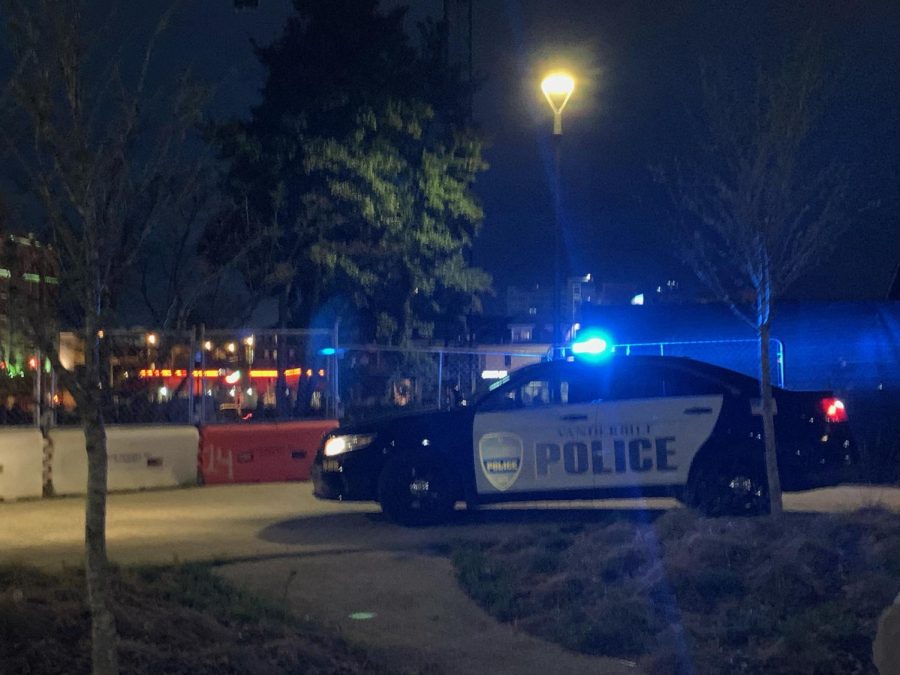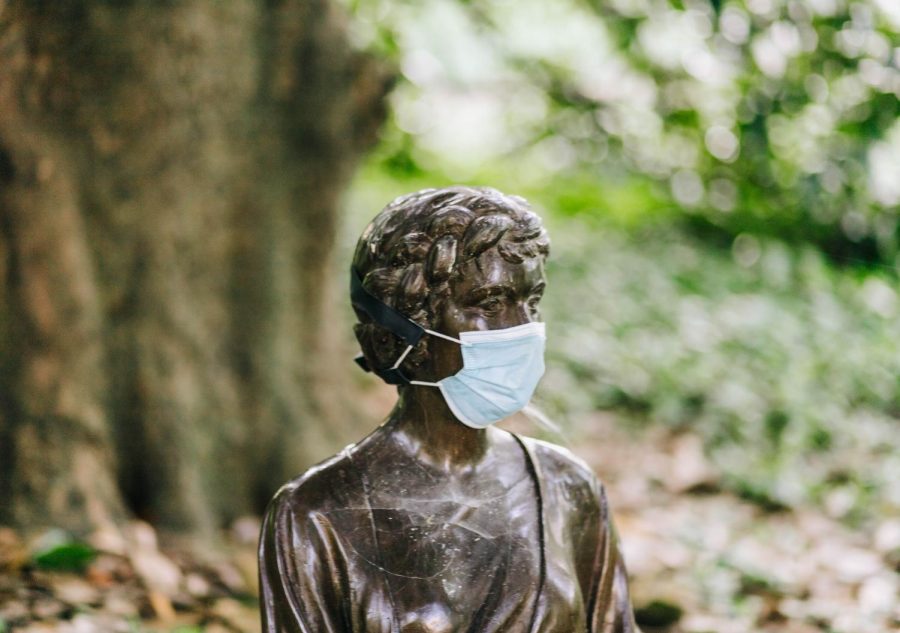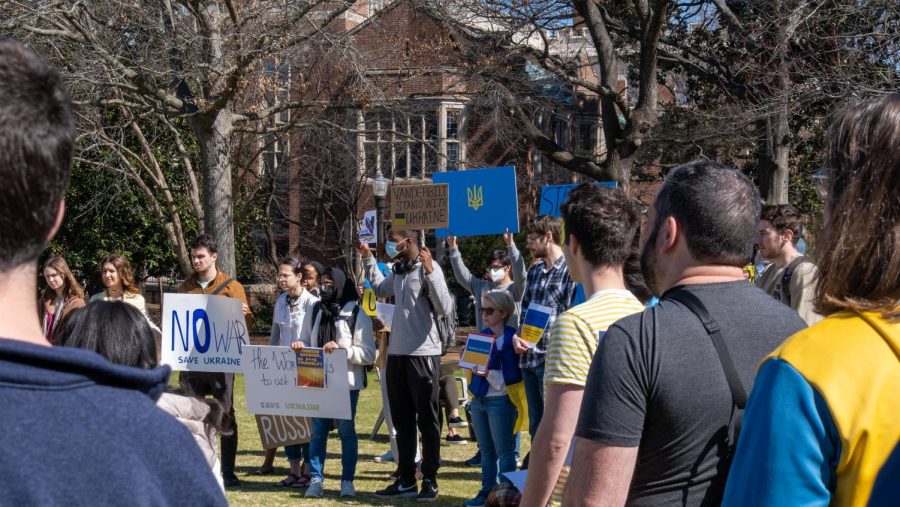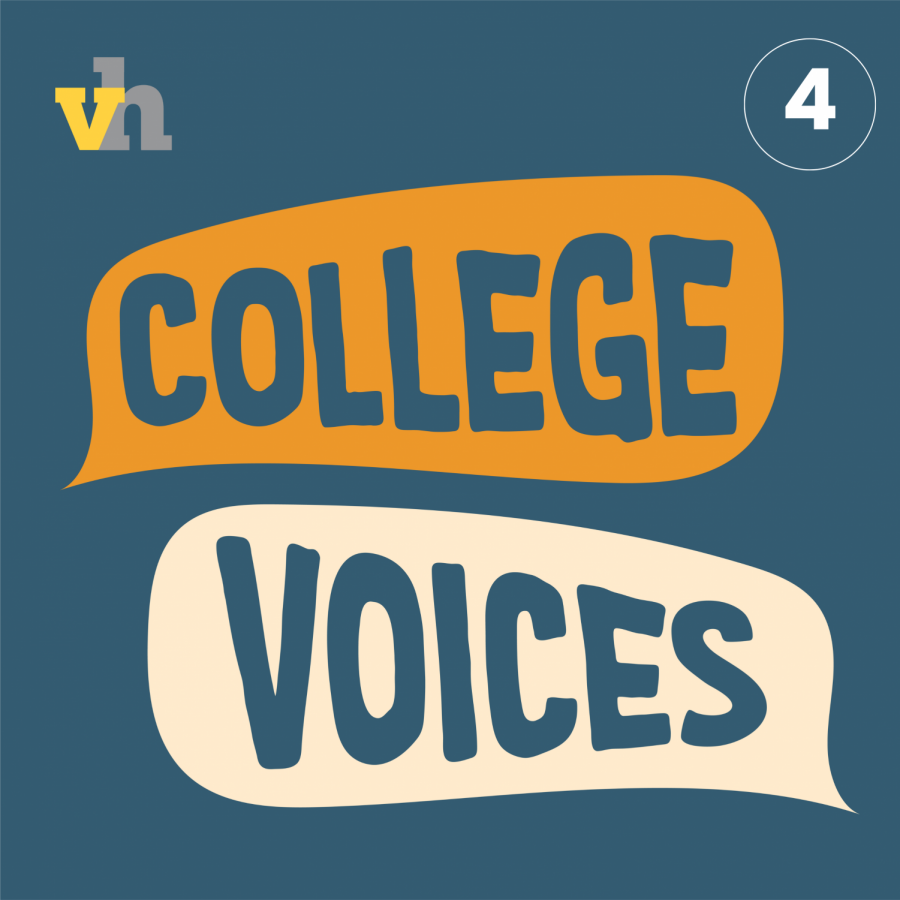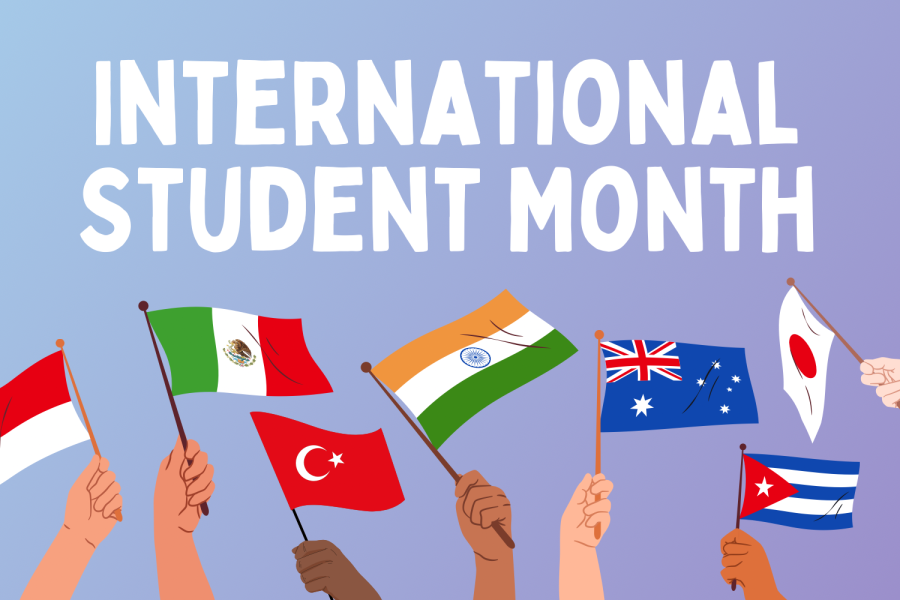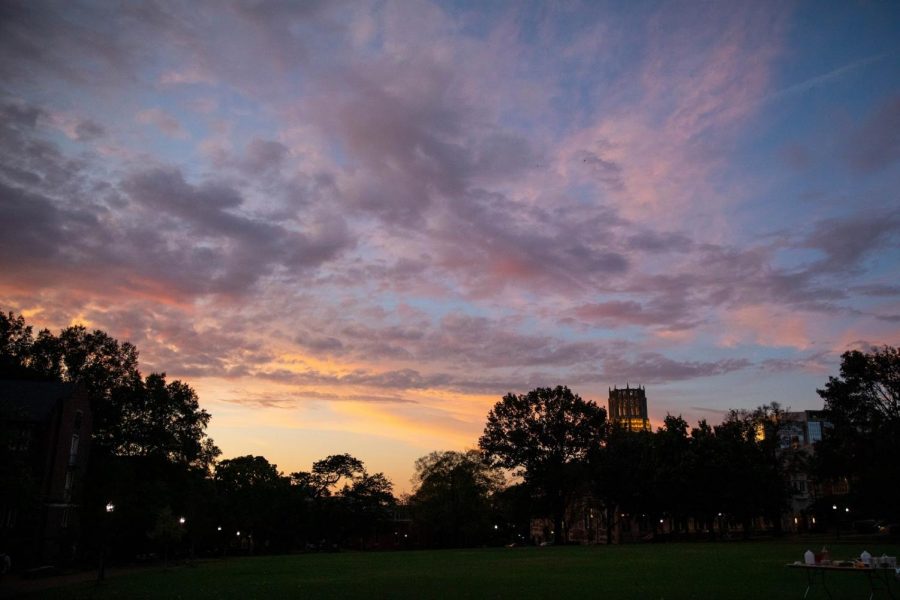Update: Information in this article regarding refunds for housing, dining and insurance costs may no longer be accurate. Please refer to this piece and the Return to Campus website for updated information.
On June 16, Vanderbilt released its plan to begin in-person classes on August 24 and end them before Thanksgiving Break. The announcement asked all students who wished to study remotely to declare their intent to do so within ten days, by June 26.
Among international students, this announcement has evoked a variety of reactions.
The Hustler spoke with ten international students about their reactions to the Return to Campus plan. This is what they had to say.
On-campus Quarantine Requirements
“I was excited initially, and then I looked at the international students page, and then it was a mess,” Krisha Shah, a rising first-year from India, said.
Strict quarantine requirements, coupled with a lack of detail regarding other safety precautions, have played a role in many international students’ decisions about the fall. The Return to Campus website states that all community members returning to campus after international travel must self-quarantine for two weeks.
“Those who need to self-isolate are being instructed to notify the university in order to receive healthcare monitoring and support,” the website reads.
Brandon Yang, a rising sophomore from Korea, said he received an email from International Student and Scholar Services (ISSS) Assistant Director Andrea Pietrzyk stating that all international students, regardless of home country, would be required to complete a 14-day quarantine upon arrival. Pietrzyk was unsure whether an on-campus quarantine location would be provided, Yang said.
Quarantine requirements are even more prohibitive for international students from countries high on the CDC’s travel restrictions list, including Iran, Brazil, Italy and China.
Currently, the United States will not grant entry to foreign nationals who have been in these countries anytime in the past two weeks. This means that international students from these countries have to gain entry to and quarantine in a third country for two weeks before entering the United States.
“In the Chinese circle, most of [the international students] went back to China, which is still on Level 4 on the Do Not Travel list, so it’s probably impossible for them to get back,” Marina Wang, a rising sophomore from China, said. “All the people are talking about going to Cambodia to quarantine for 14 days and then come here and [quarantine] for 14 days more. But we said that [plan] as a joke because we know it’s impossible.”
On-Campus Health Precautions
Wang, who stayed on campus during the transition to online learning, plans to remain on campus through the fall semester. Her experience on campus during this time has encouraged her about the university’s preparedness for the next semester, she said.
“The supplies are actually really great right now on campus,” Wang said. “Security carries a bunch of masks with them, just in case students don’t have them. But again, it’s only summer, so what [they are] going to do in the fall is very unclear. I don’t think the university even has an answer.”
Rising senior and international student Spencer Deng said she found Vanderbilt’s planned health and safety precautions to be too vague.
“I was under the assumption that Vandy would be very cautious and [put] actual protective measures in place for the health and safety of the student body, but that email made me hesitate a little bit,” Deng said. “This is not the plan. This is a sad attempt at a plan.”
Not all students take the threat of COVID-19 equally seriously, Deng said, and the university needs to implement more detailed protocols before students can feel safe coming back to campus.
“If an outbreak happens on campus after we go back, which seems highly, highly likely, what will all the international students do if they decide to shut down campus again after a month?” Deng said. “We’d have to relive all the insanity that we went through in March when Vandy told us to scram.”
International student and rising sophomore Kris Peng spent this spring in Nashville but said she’s seriously considering flying home to China for the fall semester, partly because of health precautions.
“I still go to [the] post office sometimes to get packages,” Peng said in a message to The Hustler. “I see workers half wearing face masks (meaning masks only cover their mouths but not nose. In my opinion, it’s wasting masks if they are wearing them like that), and sometimes they just don’t wear them.”
She did appreciate that the university provided instruction for how to avoid touching the outside of face masks when removing and storing them, Peng said.
Details of Remote Learning
Peng was one of many international students who expressed concerns about the lack of detail regarding remote learning options.
“Vandy said details about class schedules will come out in July, but Vandy required students to fill out the remote study application by June 26th,” Peng said. “I believe it’s hard for students, especially international students, to make a decision in such [an] amount of time without knowing how it would affect their classes exactly.”
Two of her professors reported that the university will install video streaming equipment in all classrooms to enable students to view the class remotely, Peng said, but this information was not included in the plan.
Moreover, according to Deng, neither the university nor ISSS has specified how completing the fall semester remotely would affect international students’ eligibility for I-20 visas, Curricular Practical Training (CPT) or Optional Practical Training (OPT)—authorizations international students need in order to hold an internship or job in the United States.
“The biggest issue for me is that Vandy completely failed to take into account a multitude of factors that international students and their families need to consider before making a decision like this about the fall—factors that domestic students might not necessarily need to think about,” Deng said.
Flexibility Beyond the 10-Day Deadline
Since the Fall 2020 plan was released, individual correspondence between international students and administrators has suggested alternatives with different deadlines than options officially stated in the June 15 announcement.
In an email to the university registrar, Shah explained that she hoped to study on campus in the fall, but that she could not make an immediate commitment, since India was still on lockdown and she had no guarantee that she could secure an emergency visa appointment even after the country opens.
“If your preference is to be on campus and you are not certain if you will be able to be here due to travel or visa restrictions, please notify our office at a later point when you know you will not be able to make it to campus,” Program Coordinator Laura Adams replied in an email. “We will work with you to make the necessary adjustments.”
Though she is glad for the clarifications, Shah said she is upset that students had to seek out this information for themselves.
“What really pissed me off was that I had to reach out,” Shah said. “Because a lot of students didn’t opt to email. They were just like, ‘Oh my god, okay, we have to submit a response by June 26,’ and they got panicky. But if I hadn’t reached out, I wouldn’t have known that it’s better. It’s still a mess, but it’s still better than what I thought it would be.”
Still, Shah said she appreciates the university’s effort at a comprehensive plan.
“In my opinion, it’s the best they could have done for a start, because it’s a lot to go through and it’s a lot to arrange in the middle of a pandemic,” Shah said.
Joy Zhang, a rising sophomore from China, said she received a similar answer when she called the Vanderbilt Fall 2020 helpline. According to Zhang, the university representative on the call also told her that, if she were unable to return to campus due to travel restrictions or flight cancellations, she would receive a refund for housing, dining and insurance costs.
Lucas Martim de Lima Portilho, a rising sophomore from Brazil, said the strict 10-day deadline completely ignores the difficult position many international students find themselves in.
“Vanderbilt should’ve worked in tandem with ISSS and organizations with international students (like ALAS, VUCA etc) to at least address the difficulties faced by international students and possibly make the return to campus plan more flexible,” Portilho said in a message to The Hustler.
When Portilho emailed ISSS with his concerns, he received a three-line response, saying that the office was “investigating the issues” and would keep him updated. As of June 21, Portilho had not received any further response, he said.
“To me, that shows that no one thought about international students before releasing the return to campus plan,” Portilho said. “After all, if ISSS has no idea what to do, I doubt the planning committee even addressed this matter.”
For students like Deng, the Fall 2020 plan stands as one more in a long list of ways the university has failed international students over the past semester.
“Vandy has been neglecting us international students from the very beginning of the COVID situation, and they just continue to do so,” Deng said. “It kind of hurts a little bit, I’m not going to lie. We do love Vandy as a school, and for us it is like a second family. This is kind of like your family leaving you.”


